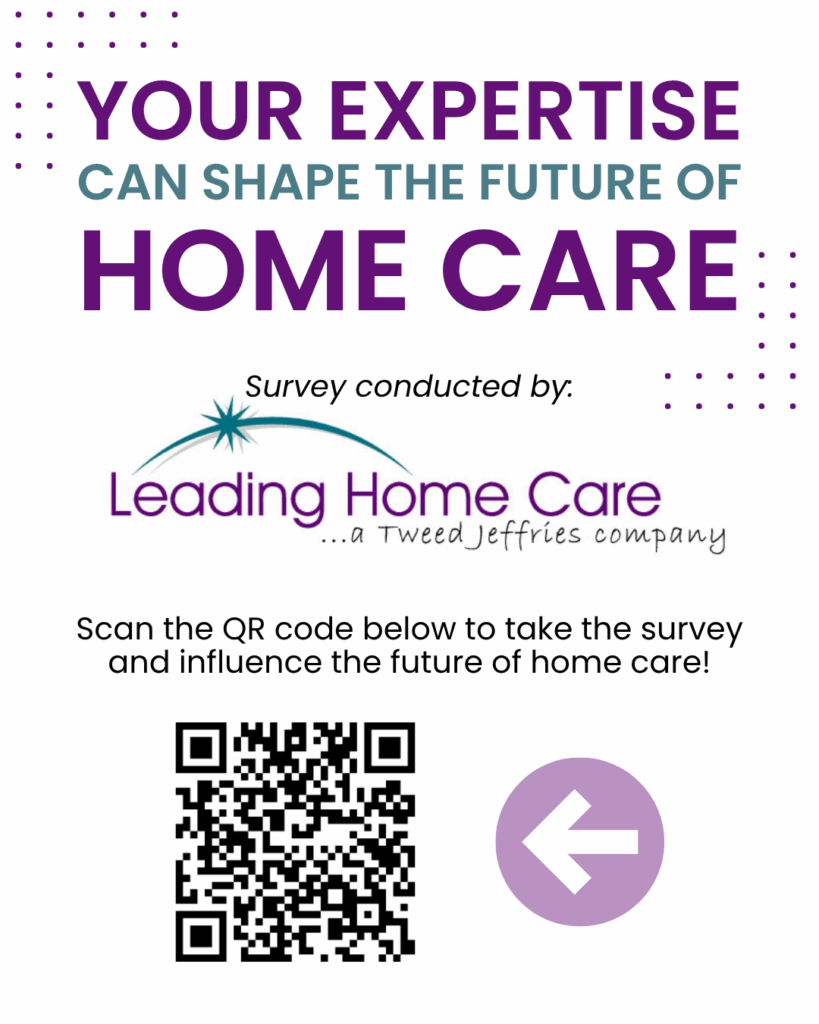Many of your customers contact you at the first sign that their aging parents need help. These signs could be a slip in memory or unbalanced footsteps. They have been in close contact with their parents and have the advantage of being able to inform your caregivers about their daily habits or sudden changes in behavior.
Other customers live out-of-state and may have realized that their parent needs help after a traumatic event, such as getting a call from a parent in a hospital for a fractured hip or finding a fridge full of rotten food after a recent visit.
These customers are looking for more than just care for their parents. They need a home care company with strong communication skills to help them maintain a healthy relationship with their parents and understand their changing needs.
Caregivers need to maintain a positive attitude and openly communicate every concern that out-of-state customers may have. For these caregivers, communicating with customers is just as critical as caring for the client. Many times the daughter or son will feel guilty about not being able to visit or care for their parents as often as they would like to. If the caregiver and customer are not communicating about the client’s needs effectively, you could lose both a client and a caregiver over poor communication skills.
Never assume that great caregivers are great communicators. Include training for both customer and client communication skills for you caregivers. Ultimately, effective communication between the caregiver and customer strengthens the care of the client.



